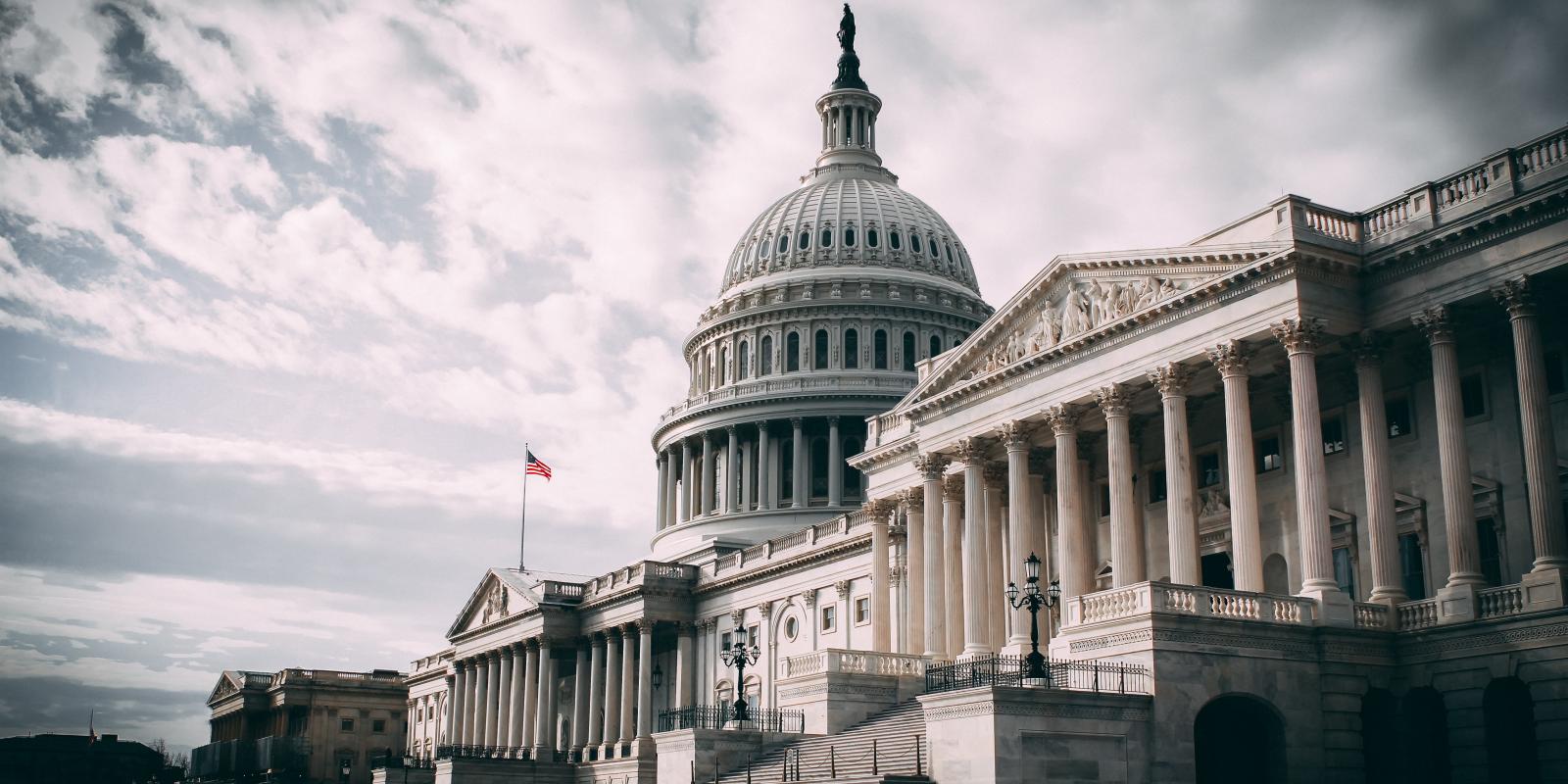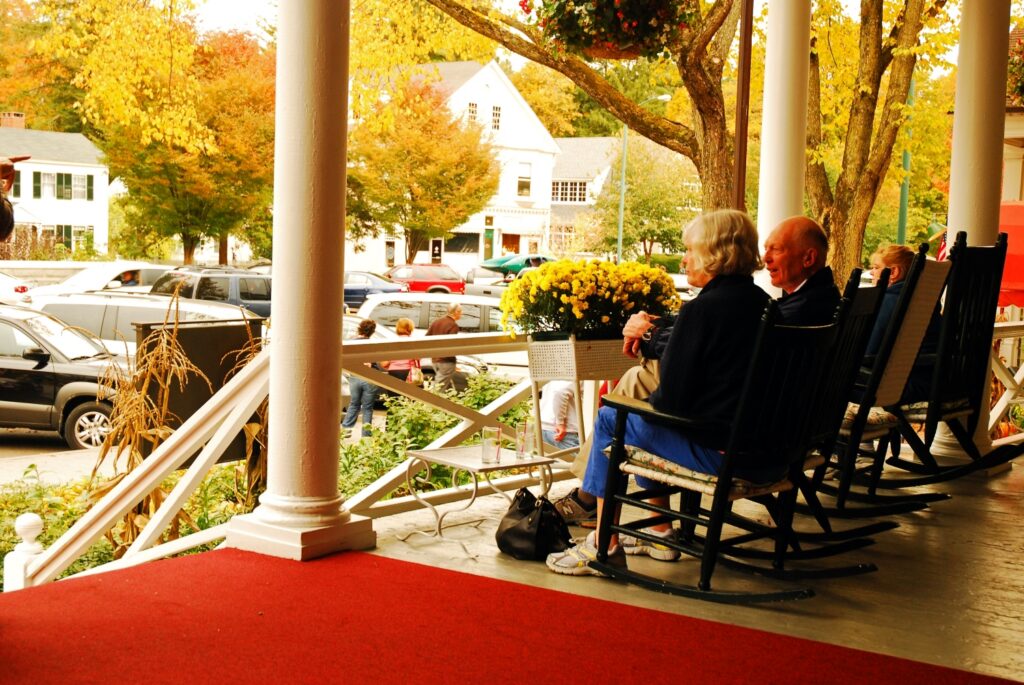Ageism has long been recognized as a scourge that affects the quality of life of many older people. It has rarely been taken as seriously as the other biases that limit opportunities and create stress in the lives of BIPOC from racism, women from sexism and misogyny and the LGBTQ+ community from antigay/lesbian/bi and trans bigotry. It has, however, long been recognized by researchers and older people, and resisted. Like all biases, it seems to wax and wane with development in society and especially the economy. This observation should be qualified in that racism, sadly, seems to function as a kind of cosmic constant in American society, declining as a force for periods of time, but never disappearing and often surging for sustained periods of persecution and conflict.
Ageism tends to follow the same cycles as the other biases but at a generally lower frequency. We seem, however, to now be entering another period of increased ageism as younger people express growing frustrations and anxiety regarding the failure of our political system to address the multiple serious threats to their prospects for a prosperous and just livable world. This frustration seems to have come to a head with the SCOTUS decision overthrowing the right to abortion and the failure of policymakers to take decisive action to curtail climate change before it is too late.
Older Politicians a Target of Ageism
A major target of this frustration, fear and anger, for some, is the leadership of the Democratic party in Congress and President Biden and their advanced ages. This criticism has increasingly taken the form of accusing the Democrats of governing as a kind of gerontocracy. The same age-focused criticism could be directed at the Republican Leadership from Sen. Mitch McConnell (age 80) and their last president and potential candidate in 2024, Donald Trump, who is now 76. But the Democrats control the Congress and Presidency, so they are absorbing the brunt of this latest manifestation of implicitly ageist criticism.
I sympathize wholeheartedly with the frustration and at least occasional despair of the younger cohorts over the failures of American leaders to address the existential threats facing us all, but especially the young. I do not think, however, that blaming the failures of our policy makers to deal with the most critical issues of our time on the age of political leaders is the most accurate and useful lens through which to understand policy stagnation or to address it effectively. After all, these policy failures are not a recent development, but have been emerging for more than 30 years, arguably beginning with the Reagan Administration and continuing up to the present, under younger and older presidents and congressional leaders.
‘Simply replacing older leaders with younger leaders will not fix the sources of public policy failures over the last 30 years.’
What factors might better account for the current failures? Since the late 1990s, I have thought that the growing ineffectiveness of our political system and policy process was largely a result of a profound change in our political economy as the country shifted from the New Deal policy consensus supporting a strong public sector role in addressing public issues (like healthcare, education, economic prosperity and equality) to a much more pro-market, “let the private sector deal with policy challenges” ideology commonly referred to as neoliberalism. This deep change in our economy, society and politics is, I think, the major source of current and long emerging failures to solve policy problems that threaten the United States and, increasingly, the world.
I sympathize deeply with the frustration and anxiety felt by younger people. This anger is felt by many toward our political leadership. We need more young people in positions of power, but a political gerontocracy is not our real problem and simply replacing older leaders with younger leaders will not fix the sources of public policy failures over the last 30 years. Both political parties have had younger leaders during these critical decades and still failed to address climate change, the erosion of voter rights, growing inequality and other rights, and other pressing problems that have only worsened in the wake of these failures.
Lay Policy Failures at the Feet of the Corporate Elite
No, the source of these failures isn’t the age of our leaders but rather the domination of the public policy agenda by a corporate elite determined to ensure that public policy serves their interests. The power of this elite has grown steadily since the mid-1970s. It gained a level of dominance during the Reagan administration that prioritized the major tenets of neoliberalism, including lower taxes on high incomes and wealth, cuts in social welfare programs, deregulation of the economy with a broad-based reduction of the role of the public sector in society.
The neoliberal advances of the Reagan era were largely institutionalized across administrations for the next 30 years. The already dominant power of the corporate elite was only enhanced by the 2010 U.S. Supreme Court Citizens United vs. Federal Election Commission (FEC), which essentially removed congressional constraints on corporate campaign contributions, allowing a very small group of wealthy donors to use dark (untraceable) money to influence elections and congressional policy outcomes.
‘With its religious-oriented agenda, they have helped elect Republican policy makers who support corporate and religious right sets of priorities.’
This increased influence has been boosted over the past several years by the growing power of the religious far right, which has integrated the neoliberal priority of reducing the role of government in society, except on issues like abortion and gun control. With its religious-oriented agenda, they have helped elect Republican policy makers who support corporate and religious right sets of priorities.
The impact of these combined forces was well captured in the findings of a 2014 political science article “Testing Theories of American Politics: Elites, Interest Groups and Average Citizens” by Martin Gilens and Benjamin Page. They analyzed 17,000 policy issues considered by Congress over the previous two decades and found that the overwhelmingly important factor in determining the results of these Congressional considerations was the position on them taken by corporate interest groups such as the Chamber of Commerce. The researchers found that even if 90% of the public agreed, a policy would not pass without corporate interest groups’ approval.
We have much less of a gerontocracy problem than a socioeconomic class problem that has gradually intensified with the emergence of a neoliberal political economy. One of the ironies of neoliberalism is that even as it has come to dominate our political economy and public policy agenda, the role of class has become less visible to the public and largely ignored by the media. This needs to change before we’ll be able to effectively address the great public policy issues of the 21st Century.
Larry Polivka, PhD, was executive director of the Claude Pepper Center at Florida State University in Tallahassee until his retirement in 2021.













